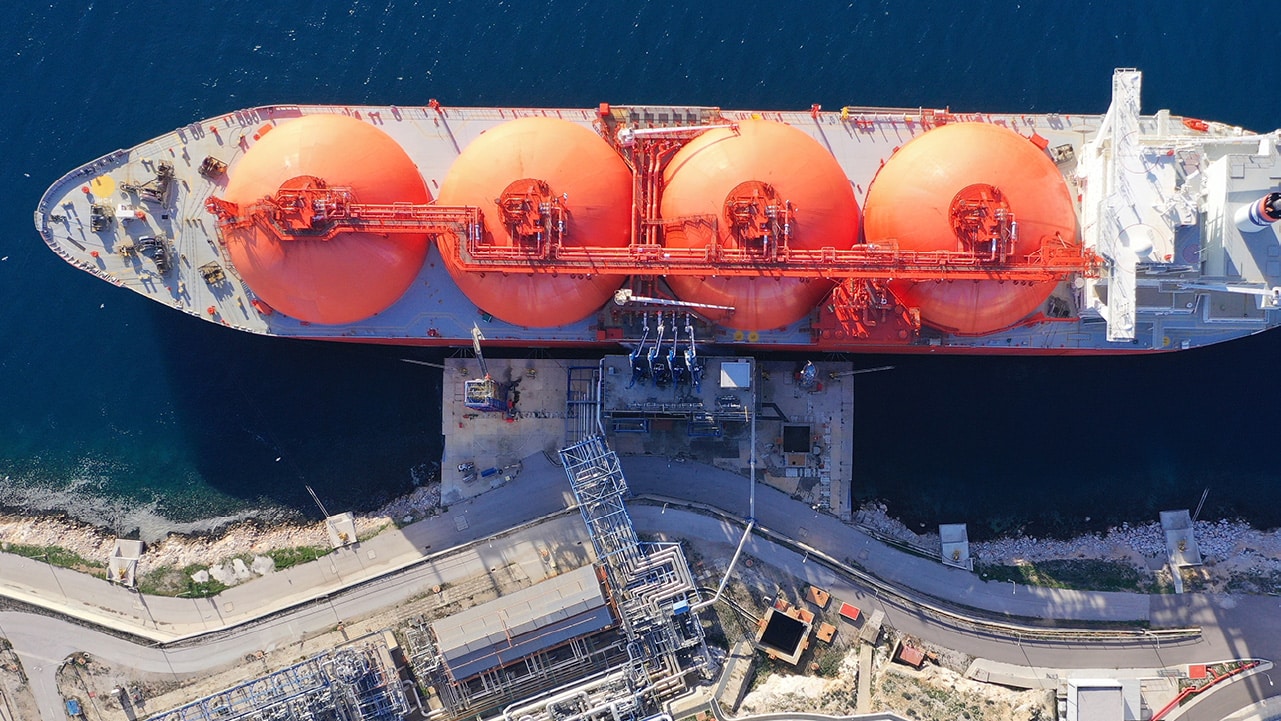API 650 Cargo Oil Tank Fabrication & Testing
The API Standard 650 governs the design, fabrication, inspection, and testing of cargo oil tanks used in marine shipping. These tanks are critical components ensuring safe and efficient handling of petroleum products during transportation. This service focuses on the comprehensive testing required for compliance with API 650 standards to fabricate cargo oil tanks that meet stringent safety requirements.
The process begins with detailed review of design drawings and specifications, ensuring adherence to all relevant sections of the standard. Fabrication involves precise cutting, welding, and assembly processes followed by non-destructive testing (NDT) methods such as radiography, ultrasonic testing, and magnetic particle inspection. These steps are crucial for detecting any structural flaws or defects that could compromise tank integrity.
Once fabricated, the cargo oil tanks undergo rigorous pressure testing to ensure they can withstand operational pressures without failure. This includes hydraulic tests where water is used to pressurize the tank beyond its working pressure to identify leaks or weaknesses in the structure. Visual inspections and leak detection using specialized equipment are also conducted post-test.
A detailed report outlining all test results, findings, and recommendations for further action is prepared. Compliance with API 650 ensures not only regulatory adherence but also enhances safety at sea by minimizing risks associated with cargo handling operations. This service caters specifically to the needs of quality managers, compliance officers, R&D engineers, and procurement professionals involved in selecting or manufacturing marine equipment.
API 650 specifies that tanks should be fabricated from approved materials suitable for oil storage under specified conditions. Fabrication techniques must follow precise procedures to prevent defects like porosity, cracks, and incomplete fusion which could lead to catastrophic failures during operation. The testing ensures these tanks are robust enough to handle the dynamic environment of a ship.
Compliance with API 650 is mandatory for manufacturers intending to supply cargo oil tanks internationally. It sets benchmarks for quality control throughout the manufacturing process ensuring that every aspect from design through final inspection adheres strictly to best practices.
Applied Standards
The primary standard applied here is API 650, which provides guidelines for the design and construction of oil tanks. Additionally, relevant sections from other standards such as ISO 9001 may also be referenced depending on specific project requirements.
- API 650: Covers all aspects related to the design, fabrication, inspection, and testing of cargo oil storage tanks used in marine applications.
- ISO 9001: Ensures quality management systems are implemented effectively within the organization providing consistent results across different processes involved in manufacturing these tanks.
These standards work together to guarantee high levels of safety and reliability for cargo oil storage tanks used on ships. Compliance with such stringent regulations helps ensure that only reliable products enter the market, thereby protecting both users and operators from potential hazards.
Why Choose This Test
- Ensures Regulatory Compliance: Meeting API 650 standards guarantees adherence to international maritime regulations which is essential for exporting cargo oil tanks globally.
- Enhances Safety: Rigorous testing ensures that fabricated cargo oil tanks can safely handle the pressures and stresses encountered during marine operations without risk of failure.
- Promotes Quality Control: Through meticulous inspection procedures, potential defects are identified early in the manufacturing process allowing for timely corrections before they become problematic.
- Increases Marketability: Compliance with recognized industry standards enhances a manufacturer's reputation and increases marketability by demonstrating commitment to excellence in product development.
- Reduces Operational Risks: By identifying weaknesses early, potential accidents or failures during operation are minimized reducing overall operational risk for vessel operators.
- Supports Sustainable Practices: Ensuring long-term reliability helps reduce environmental impacts by preventing spills and leaks that could contaminate waterways.
Selecting this testing service not only meets regulatory requirements but also supports sustainable practices, enhances safety, promotes quality control, increases marketability, and reduces operational risks for cargo oil tank manufacturers.
Customer Impact and Satisfaction
- Improved Safety: Customers benefit from enhanced safety as the tested tanks are less likely to fail under operational conditions, thereby reducing accidents at sea.
- Increased Reputation: Compliance with recognized industry standards boosts a company's reputation among potential customers and partners, leading to increased business opportunities.
- Cost Efficiency: Early identification of defects through thorough testing saves costs associated with rework or replacement later in the lifecycle of the tank.
- Regulatory Assurance: Compliance ensures that products meet all necessary regulatory requirements, reducing legal risks and potential fines.
- Sustainable Operations: Reliable cargo oil tanks contribute to more sustainable operations by minimizing environmental impacts through reduced risk of leaks or spills.
Customers who choose this testing service can expect improved safety, increased reputation, cost efficiency, regulatory assurance, and sustainable operations. These benefits collectively enhance overall customer satisfaction, ensuring that the end product meets stringent quality standards set forth by API 650.





